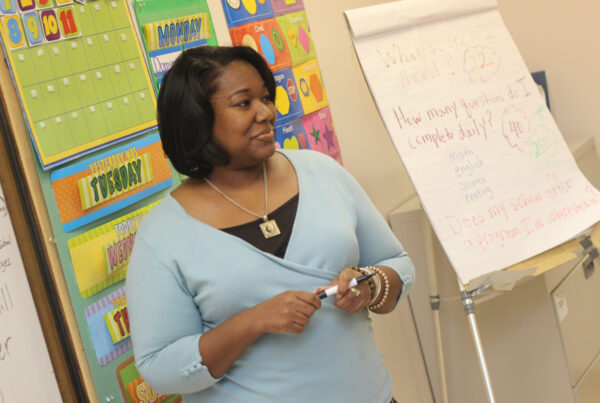I am a fly.
There are a number different directions this blog can go with that pronouncement.
Anyone who knows me, or who has read In Search of Excellence, or who has taken my graduate class in Executive Organizational Leadership, will immediately know from where this title emanates and my somewhat unusual fascination with the concept. I would bet I have spent far more time as a leader talking about bees and flies than have any of my contemporaries. I am also aware that my fixation with the concept can cause some eye-rolling by those who have listened to my ideas on more than one occasion. Yet, I think the time is right to once again re-introduce to the world the simple concept of bees and flies. Stay with me.
It is my belief that as we talk about innovation in education, itself quickly becoming a warn-out phrase, what we are really talking about is something that Peters and Waterman shared in their book In Search of Excellence:
“…most current theory is not loose enough to consider the relative lack of structure and the need for wholly new management logic to ensure continuous adaptation in large enterprises.1”
Organizations are inherently complex. In order to truly change complex organizations, will require a “new language.” This new language, as Peters and Waterman argue is the only pathway toward whatever change goals we have set. And boy, in education, we have set one heck of a change goal! Most states have written ESSA plans that promote innovation, flexibility, alternatives to standard assessments, deeper learning agendas and many other reforms that are designed to fundamentally change the course of education.
Famed American organizational theorist, Karl Weick put this idea in terms of “loosely coupled systems.” He questions the need for order and argues that those organizations that thrive on order (policy, orders, structured alignment, compliance to rules and rigidity, etc.) are actually impeding the natural evolution of organizations.
No one is ever free to do something he can’t think of, he says.
And now to the bees and flies. Weick illustrates his thinking by providing a description of an experiment credited to Gordon Siu.
“…If you place in a glass bottle half a dozen bees and the same number of flies, and lay the bottle down horizontally, with its base to the window, you will find that the bees persist, till they die of exhaustion or hunger, in their endeavor to discover an issue (opening) through the glass; while the flies, in less than two minutes, will all have sallied forth through the neck on the opposite end. It is their (the bees) love of light and their very intelligence, that is their undoing.2”
Bees with their superior intelligence, equate their escape with light and as such never consider another route to freedom. They simply continue to determine how to get through to the light unaware that their present course of action will lead to their death. They, in effect, are too logical. And, to bees, glass is a mystery. (How many times have you seen a bee bounce against your window? At some point you would think they would get it!)
Flies, who Weick describes as “feather-brained” apply little or no logic, ignore the light, and as Weick says: “flutter wildly hither and thither, and meeting here the good fortune that often waits on the simple who find salvation there where the wiser will perish, necessarily end by discovering the friendly opening that restores their liberty to them.3”
And so, the simple question becomes, are we bees or are we flies? Will we use experimentation, persistence, trial and error, risk, improvisation and embracing chaos to lead organizational change and establish the new order we desire, or do we think that we can simply apply our institutional knowledge, logic and biases and adjust or tinker with our present system enough to garner the same end result? I think it is a question worthy of debate.
Bees and flies. Who would of thought? While I am not completely comfortable with Weick’s label of feather-brained, I do admit that leadership, for me, is more about flies than it is bees.
But that’s just me. What about you?
1 pg. 106. Peters, T.J & Waterman, R.H. (2004). In search of excellence: Lessons from America’s best-run companies. New York, NY: HarperCollins.
2 pg. 108. Ibid.
3 pg. 108. Ibid.



